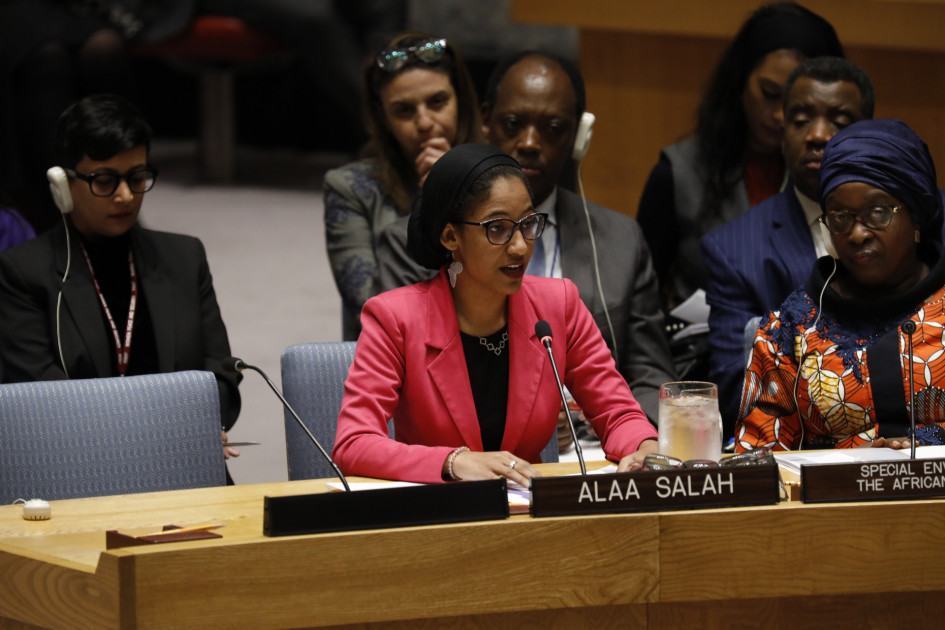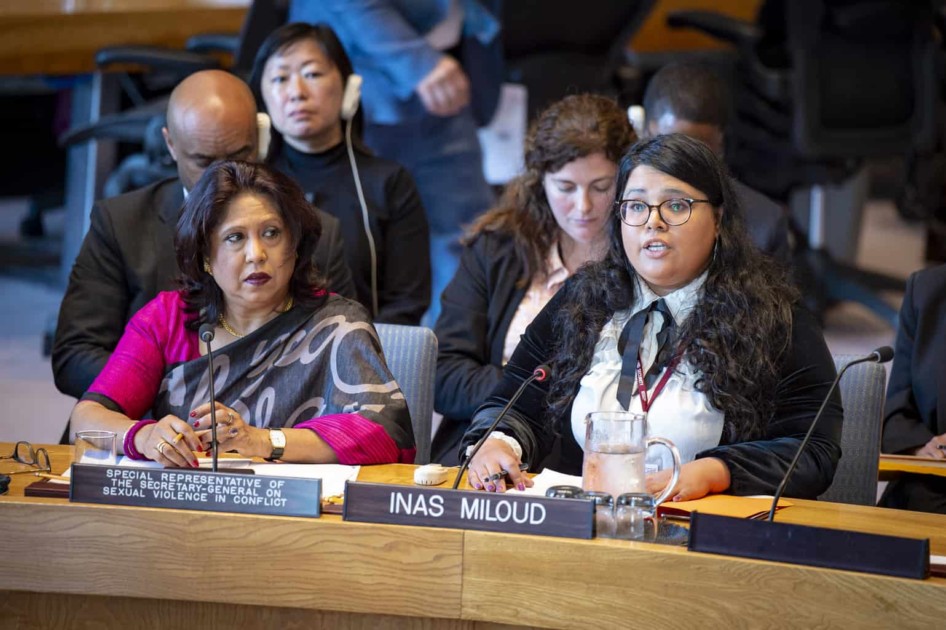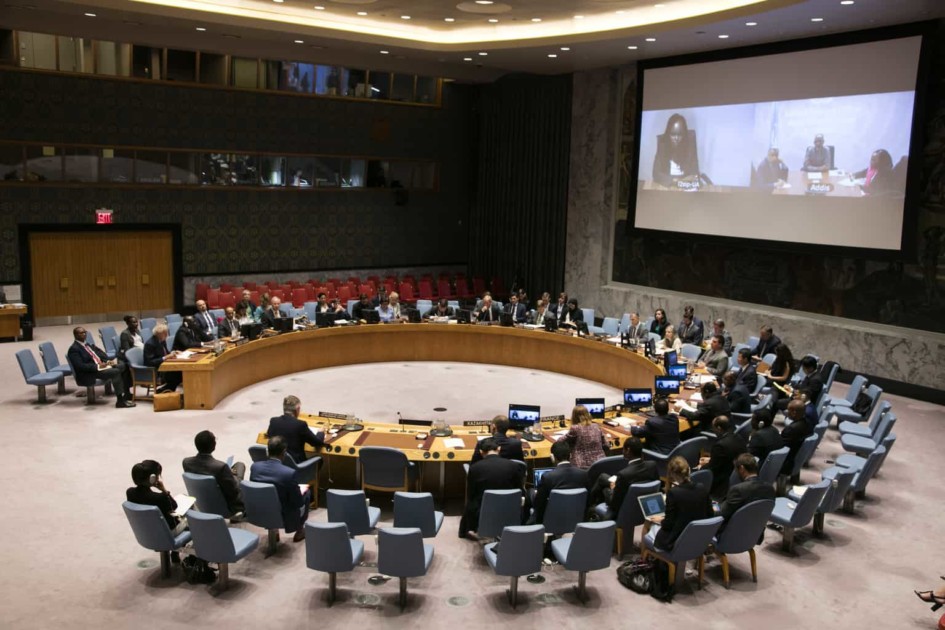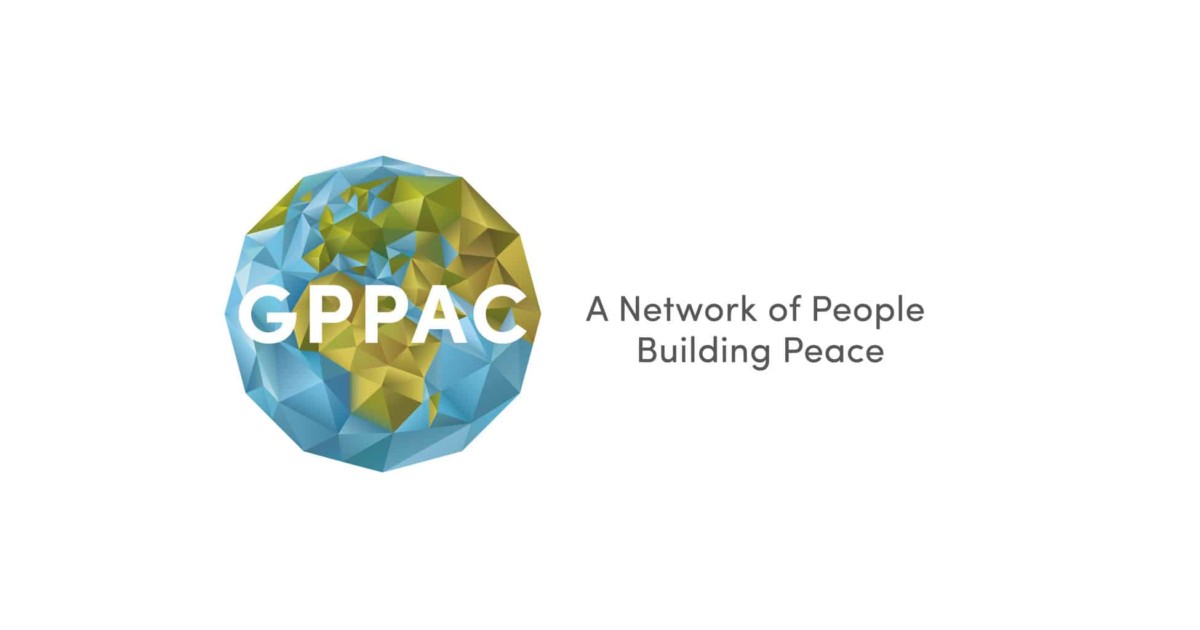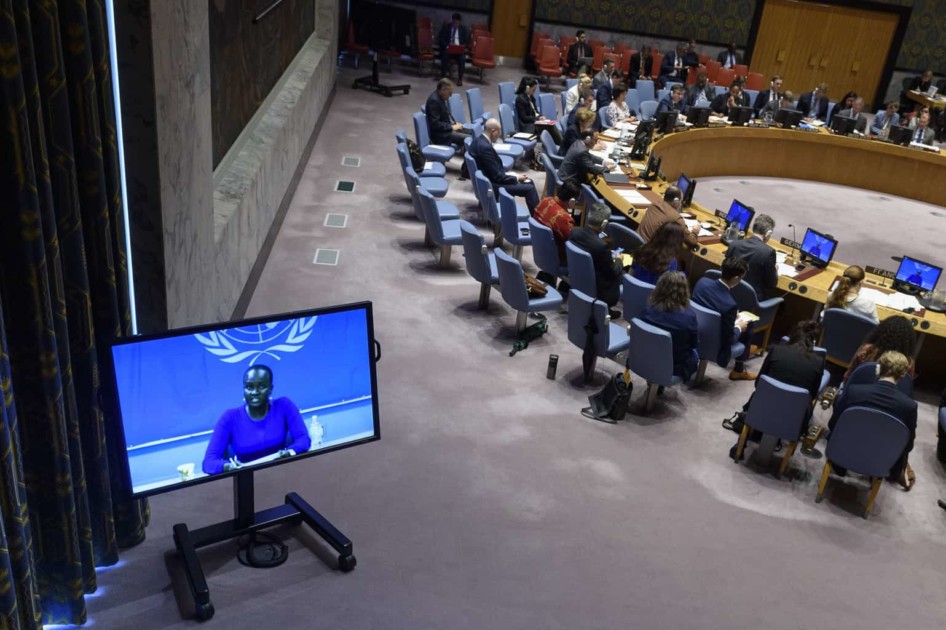Conflict Prevention & Resolution
Lasting peace requires comprehensive conflict prevention, which ensures all actors have the capacity to participate in and access formal processes that address root drivers and causes of conflict and provide cooperation across political and/or other sectarian boundaries. The Security Council has, has discussed conflict prevention and resolution, including mediation, calling for gender experts in mediation teams in Security Council Resolution 2122 (2013) and issues of sexual and gender-based violence in mediation efforts in Security Council Resolution 2106 (2013). Security Council Resolution 2242 (2015) further reaffirmed that women and girls’ empowerment and gender equality are critical to conflict prevention.
The NGO Working Group works advocates for gender-sensitive approaches to both short and long-term conflict prevention efforts with a particular emphasis on addressing the root causes of conflict and systematic and structural drivers of gender inequality, gender discrimination and gender violence. Effective conflict prevention demands recognition of gendered dynamics and impacts of armed conflict, with policy analysis and monitoring that clearly identifies the masculine and feminine social roles that contribute to violence and subordination. In mainstreaming gender across conflict prevention, the Security Council is requested to support an increase in women’s participation in all efforts to prevent and resolve conflict; including by supporting women’s civil society organizations’ participation in the planning, design and implementation of preventative policies and programs for violence.
Conflict Prevention & Resolution
Lasting peace requires comprehensive conflict prevention, which ensures all actors have the capacity to participate in and access formal processes that address root drivers and causes of conflict and provide cooperation across political and/or other sectarian boundaries. The Security Council has discussed conflict prevention and resolution, including mediation- calling for gender experts in mediation teams in Security Council Resolution 2122 (2013), and issues of sexual and gender-based violence in mediation efforts in Security Council Resolution 2106 (2013). Security Council Resolution 2242 (2015) further reaffirmed that women and girls’ empowerment and gender equality are critical to conflict prevention.
The NGO Working Group works advocates for gender-sensitive approaches to both short and long-term conflict prevention efforts, with a particular emphasis on addressing the root causes of conflict and the systematic and structural drivers of gender inequality, gender discrimination and gender violence. Effective conflict prevention demands recognition of gendered dynamics and impacts of armed conflict, with policy analysis and monitoring that clearly identifies the masculine and feminine social roles contributing to violence and subordination. In mainstreaming gender across conflict prevention, the Security Council is requested to support an increase in women’s participation in all efforts to prevent and resolve conflict; including by supporting women’s civil society organizations’ participation in the planning, design and implementation of preventative policies and programs for violence.
Current and Past Recommendations to the UN Security Council (Monthly Action Points)
In its expected discussion on Conflict Prevention in Africa, Council Members should support the systematic inclusion of women’s rights in all efforts for the maintenance of peace, and women’s equal participation and full involvement in decision-making with regard to conflict prevention and resolution. Specific entry points for the Council include: Strongly supporting women’s engagement at all levels of decision-making in key national processes, regional and sub-regional organizations; and acting on its commitments to concretely support women’s engagement in conflict prevention in its own work, including through the Ad Hoc Working Group on Conflict Prevention and Resolution in Africa, as stated, inter alia, in its own PRST 2011/20.
Relevant Resources


